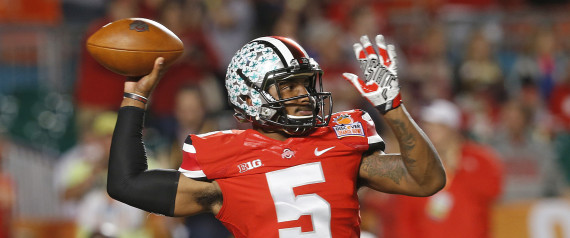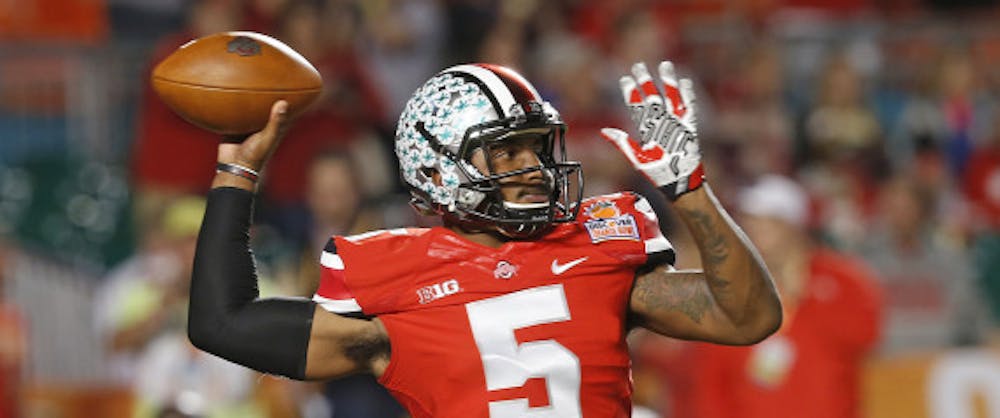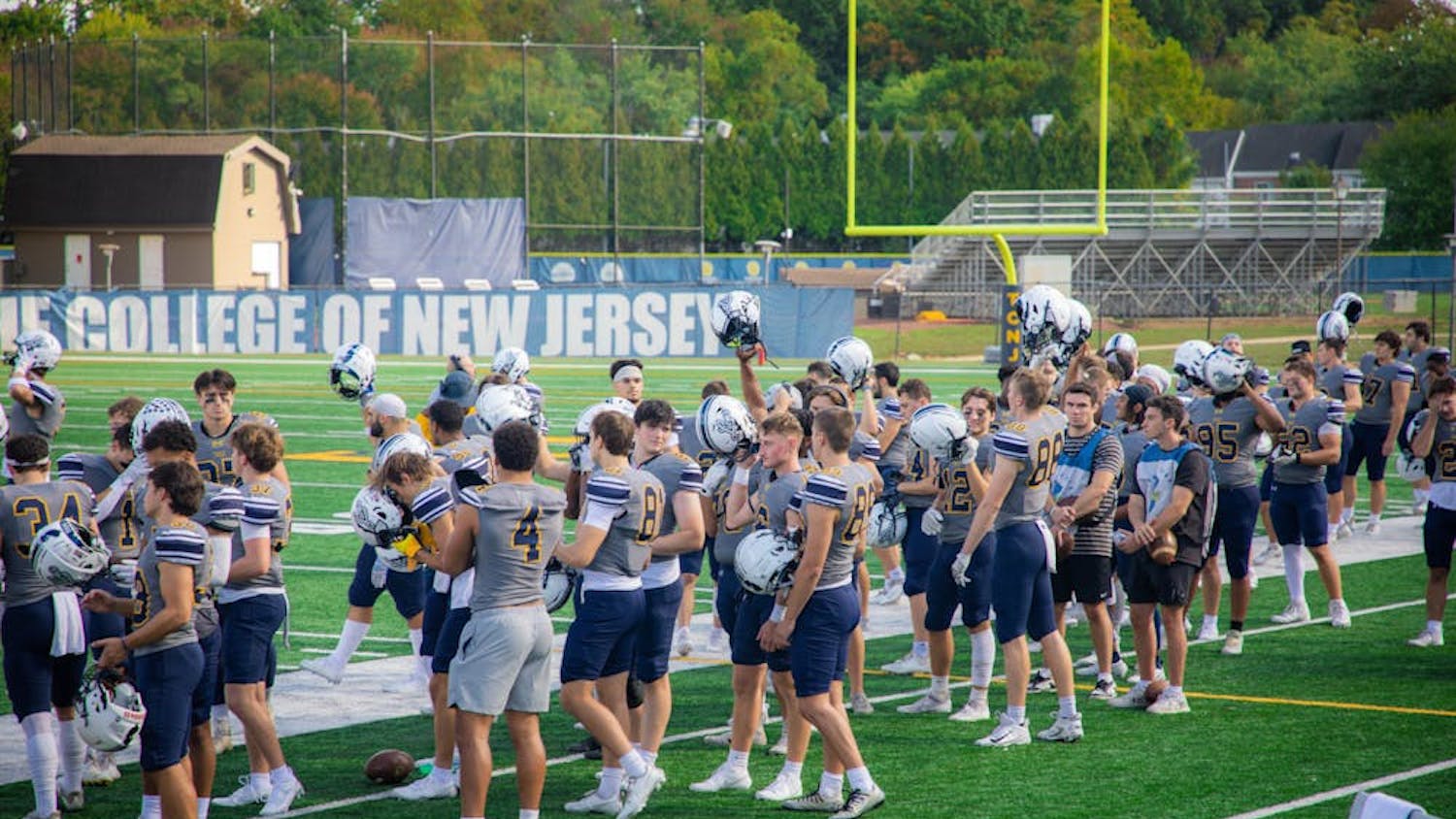By Kevin Luo
Staff Writer

The Big Ten has many competitive football and men’s basketball programs that generate millions of dollars worth of revenue. One of the reasons the Big Ten has been so successful is because of their tremendous recruiting effort. Big Ten schools often recruit many top prospects, many of whom are interested in early playing time.
While there have been some high-level recruits who have redshirted, or sat out their freshman year in order gain another year of eligibility, big-time Big Ten athletes have made a major impact during their freshman season. Arguably the most famous team in Big Ten history had an all freshman starting lineup — the Michigan Fab Five.
Now the Big Ten is trying to bite the hand that feeds them. This past week, the Big Ten announced that it is exploring the idea of freshman ineligibility in football and men’s basketball. The Big Ten has not been happy with the graduation rates of their football and men’s basketball players, and they believe that an “ease-in” year will be beneficial to some athletes in their transition to college.
Now, the Big Ten wouldn’t be stupid enough to implement these ineligibility rules for their conference alone. That would be a death wish for major athletic programs. They would lose more top recruits to the likes of Alabama and Florida State in football and Kentucky and UNC in basketball. If the Big Ten were to implement these changes, they would be looking to convince the other major conferences to join them in doing so.
The idea of this might sound alright in principle, but this is simply never going to happen, and it’s an awful idea. I appreciate the Big Ten becoming more interested in the academic standing of their student athletes, but they can’t have it both ways. They can’t make so much money off these athletes, hold athletics in such a high regard and still put restrictions on the players to “benefit academics.”
I’m sure the argument here from an athletic standpoint will start with football because it’s a little more plausible. Football players have to be out of high school for at least three seasons before entering the NFL draft, and many redshirt their freshman year in order to adapt to college, on and off the field. Many players need to get bigger and stronger, but many players are also ready to play the college game as a freshman, and being on the field right away is what they need to further their development. Taking a year off without contact could be detrimental to the development of these players.
If Jahlil Okafor and D’Angelo Russell got to be in college another season to mature on and off the court, that would be great for everyone, right? It won’t be great if these players don’t play college ball at all. I think if a rule like this were installed, you’d have more players take the route of Brandon Jennings and Emmanuel Mudiay and play abroad or in the D-League. Not only will they be getting to play, but they’ll be getting paid.
The top players are mainly interested in getting to the pros from the time they’re in middle school. You can’t try and delay that process without major issues.
All in all, I believe there’s no way the freshman ineligibility rule will be put in place in the NCAA or in just the Big Ten, but the idea is ridiculous. There would be more harm done to the players, the teams and the sports than good. The Big Ten should look into other ways of improving their student athletes’ academic standing, like putting more money into monitoring these players’ grades and courses.







